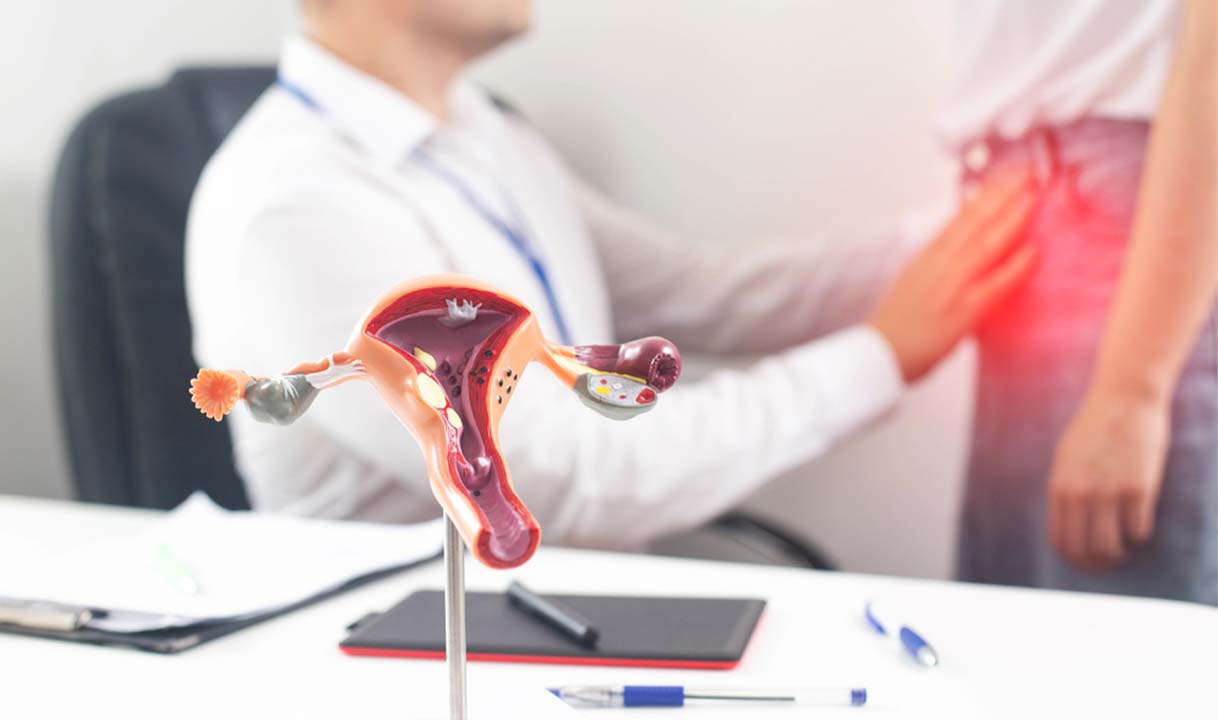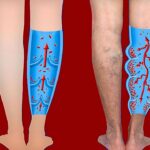When tissues similar to the lining of the uterus start to grow around the uterus, causing scar tissues to form, it is known as a health condition named Endometriosis. When uterine fibroids form, severe pain in the pelvis during the menstrual cycle and difficulty conceiving are associated. No one yet has been able to identify a cure or prevention for it because the exact reason it occurs is unknown, but people often wonder how to stop the fibroid bleeding it causes. Symptoms other than heavy fibroid bleeding include nausea, bloating, fatigue, depression, anxiety, etc.
Generally, these fibroids are benign and do not cause any harm. Because they are ubiquitous among women of reproductive age, they require some attention, so women seek medical care. Heavy fibroid bleeding can lead to anemia, for which the patient must take regular iron supplements or even a blood transfusion under severe circumstances.
What is fibroid bleeding?
Fibroid bleeding occurs when women with fibroids experience irregular menstrual cycles, like weighty and prolonged periods. Fibroid bleeding is known to last for more than seven days and, in some cases, a breakthrough mid-cycle, with clots of blood that are bigger than a quarter. This health condition can take a heavy toll on the quality of one’s life and their well-being.
Treatment options
Women under such medical conditions constantly worry about how to stop fibroid bleeding. The most efficient way to contain fibroid bleeding is to get treated. Many treatment options exist to halt fibroid bleeding, but uterine fibroid embolization (UFE) remains on top. It is not just highly effective and outpatient but is also minimally invasive. The uterus is reserved in this procedure for future pregnancies.
Natural remedies
A good diet and some natural remedies can help stop fibroid bleeding. This should be your first step in an attempt to treat heavy bleeding. Following are some tips to treat heavy bleeding naturally
Following a Mediterranean diet, i.e. plenty of green vegetables (cooked), fresh fruits, fish, etc., will help with lowering the risk of developing fibroids
- Stopping the intake of alcohol. Alcohol might trigger inflammation in some cases, causing the fibroids to form. Avoiding alcohol will prevent fibroids.
- Maintaining the estrogen level balanced. High estrogen levels will lead to fibroids; hence, keeping the balance under control will keep the risk of developing fibroids low.
- Getting enough vitamin D. Supplements like fortified cereals, fortified orange juice, cod liver oil, egg yolks, etc. will provide a good amount of vitamin D as the body requires.
- Smoking should be avoided
- Foods rich in fibre, potassium, dairy, green tea, etc., will help with fibroids.
Medication
Medicines like birth control pills are the most common to stop fibroid bleeding. Oral contraceptives can lead to a noticeable decrease in the length and amount of blood associated with the cycle. IUDs, intrauterine devices, are also known to stop fibroid bleeding. IUDs are commonly known as birth control pills, but the hormone they trigger in a woman’s body also reduces the bleeding.
These medicines can only potentially treat or stop fibroid bleeding but not fibroids themselves.
Surgery
To stop fibroid bleeding, surgery is the least chosen option. However, if one wants to go for surgery, a hysterectomy is the most effective of all treatment methods. These methods usually have inherent risks like blood clotting, infections, and other adverse effects. The technique, hysterectomy, destroys the uterus and causes a permanent loss.
Myomectomy is the second type of surgery option that can be performed to stop fibroid bleeding. Even though the surgical risks associated with both methods are the same, myomectomy can save the uterus. This method only removes the uterine fibroids and not the uterus as a whole. The risk of developing new fibroids with almost the same potential of fibroid bleeding remains. This method is most suited to women who want to have children in the future. If you experience any such condition, you should discuss it with your healthcare provider for better analysis




